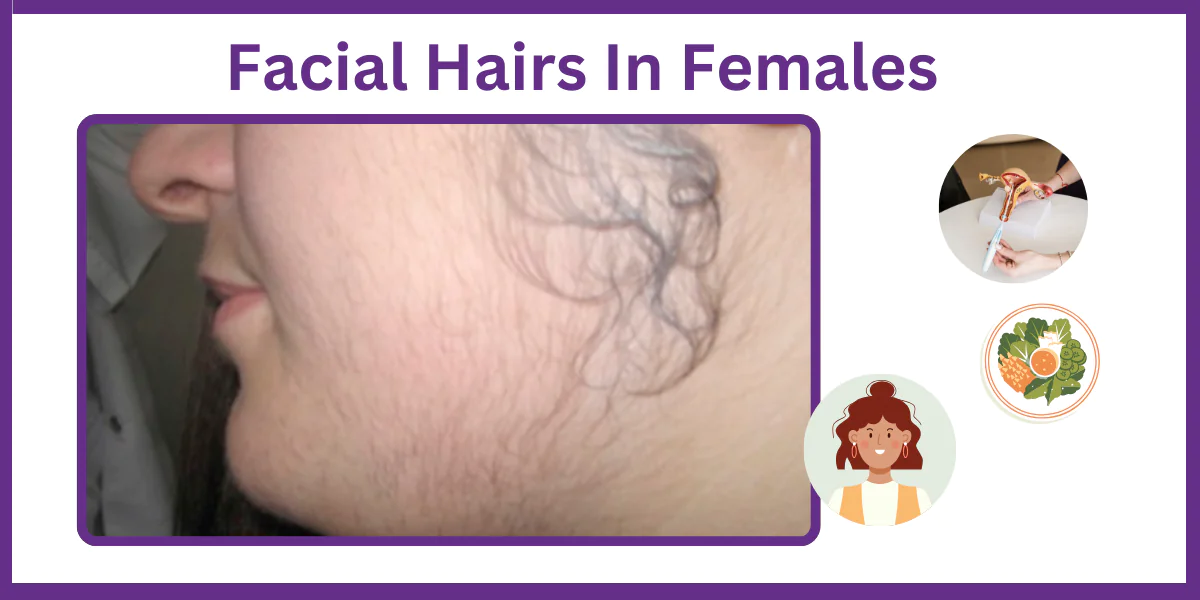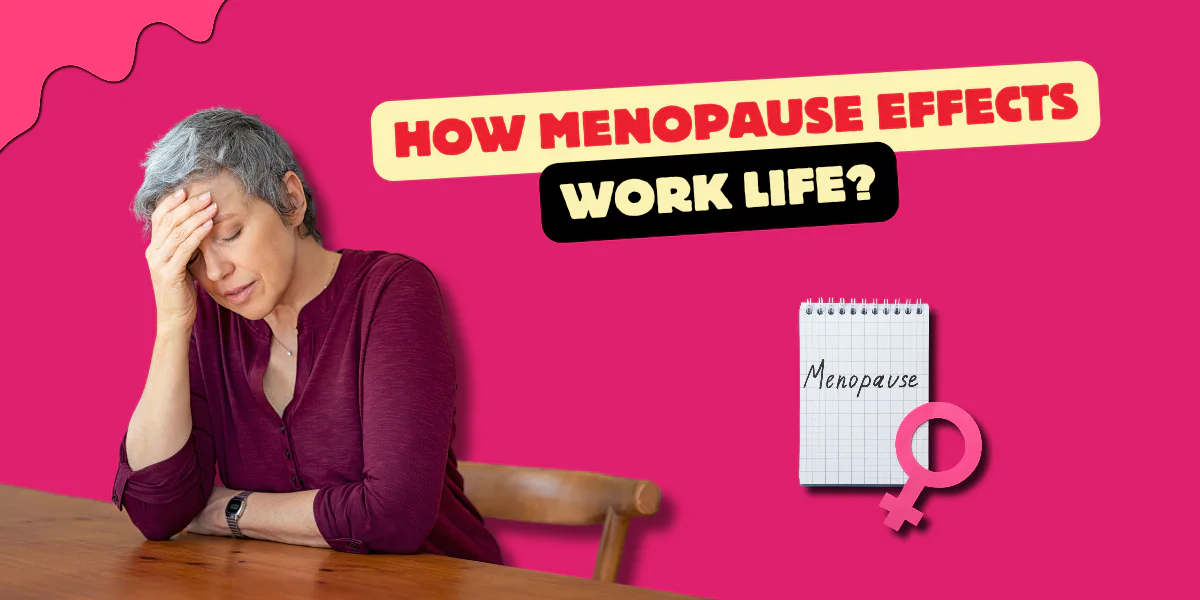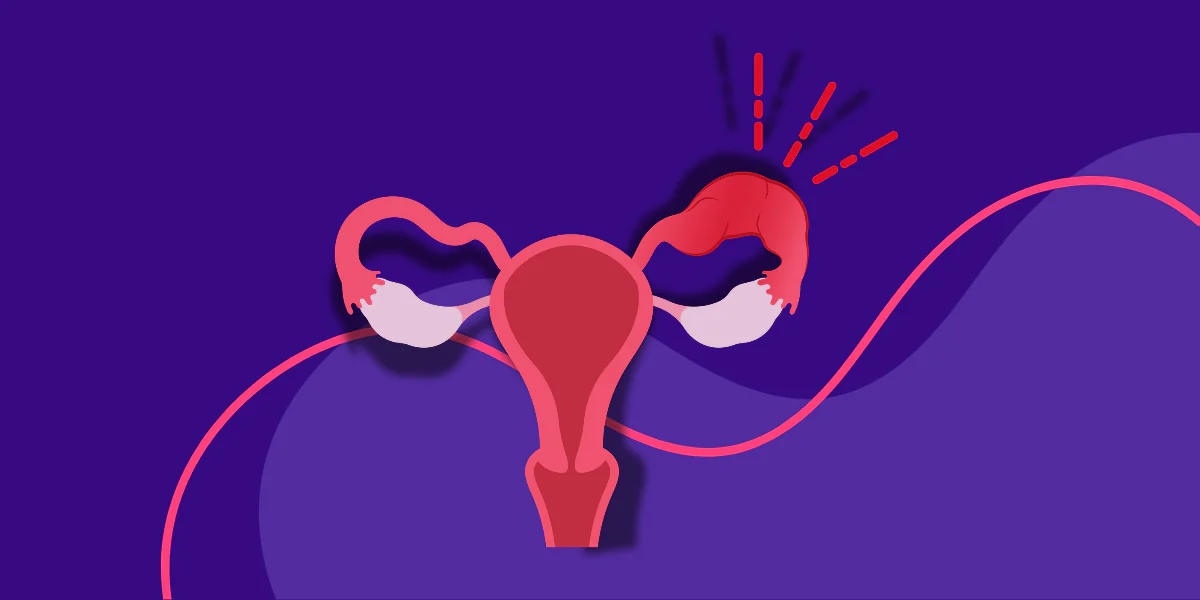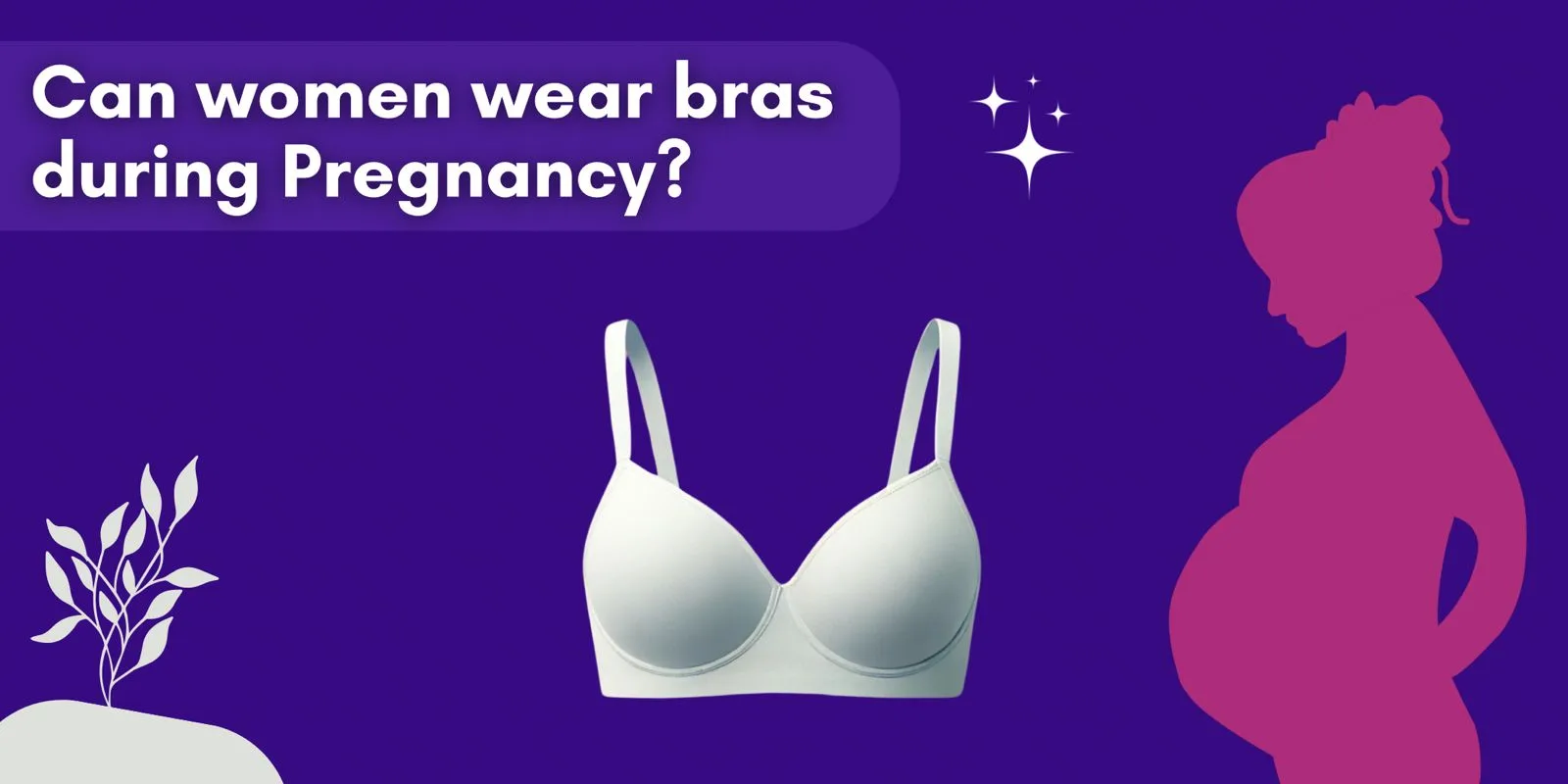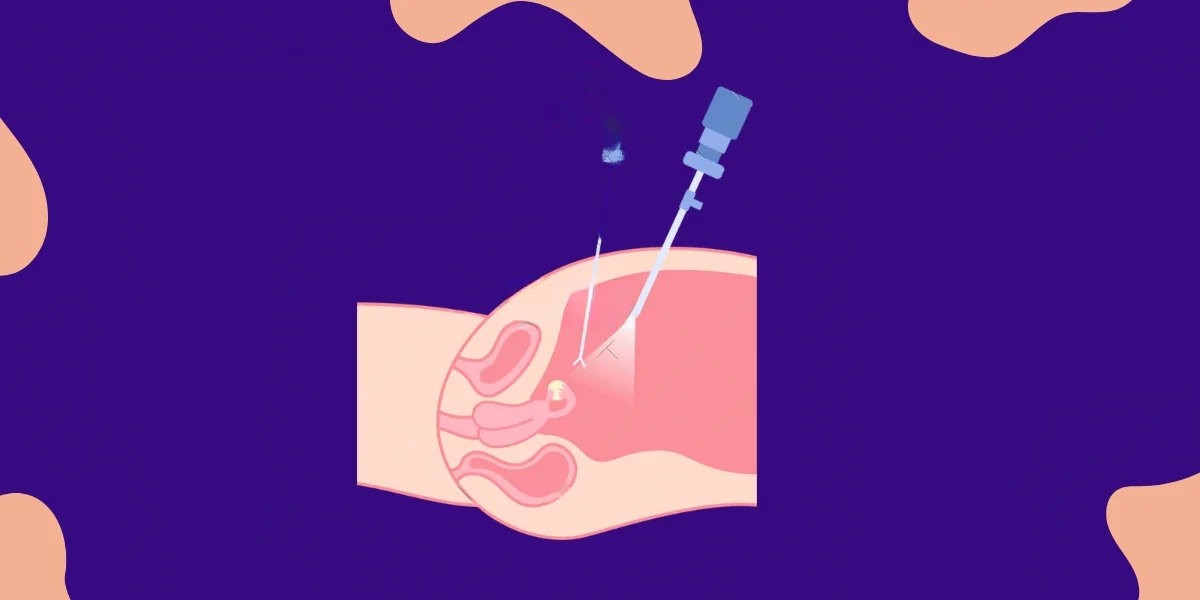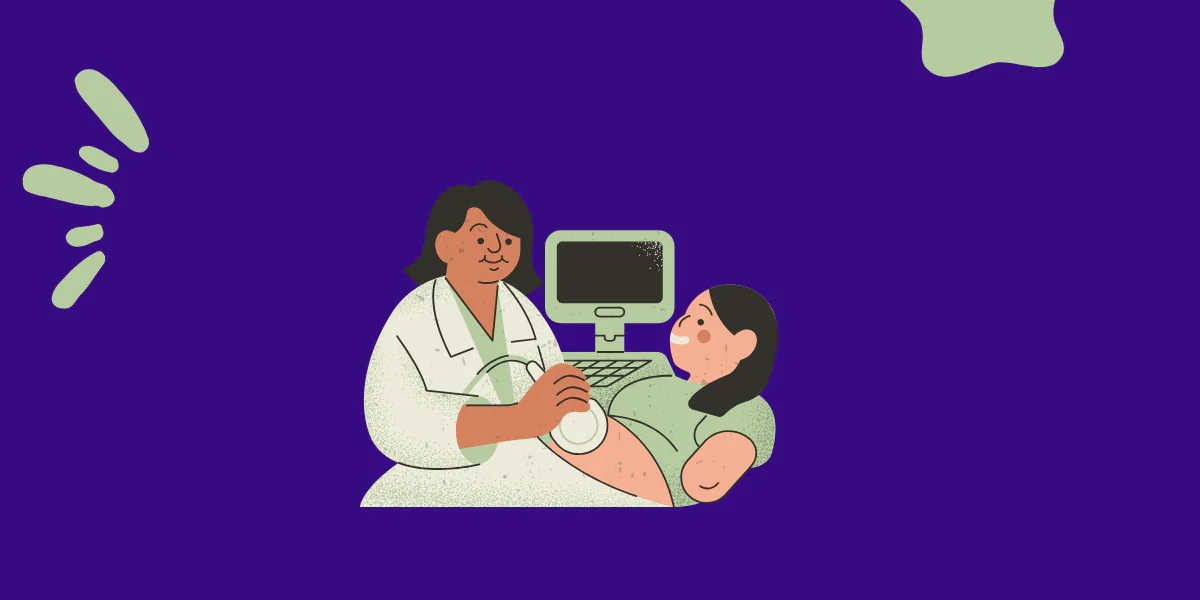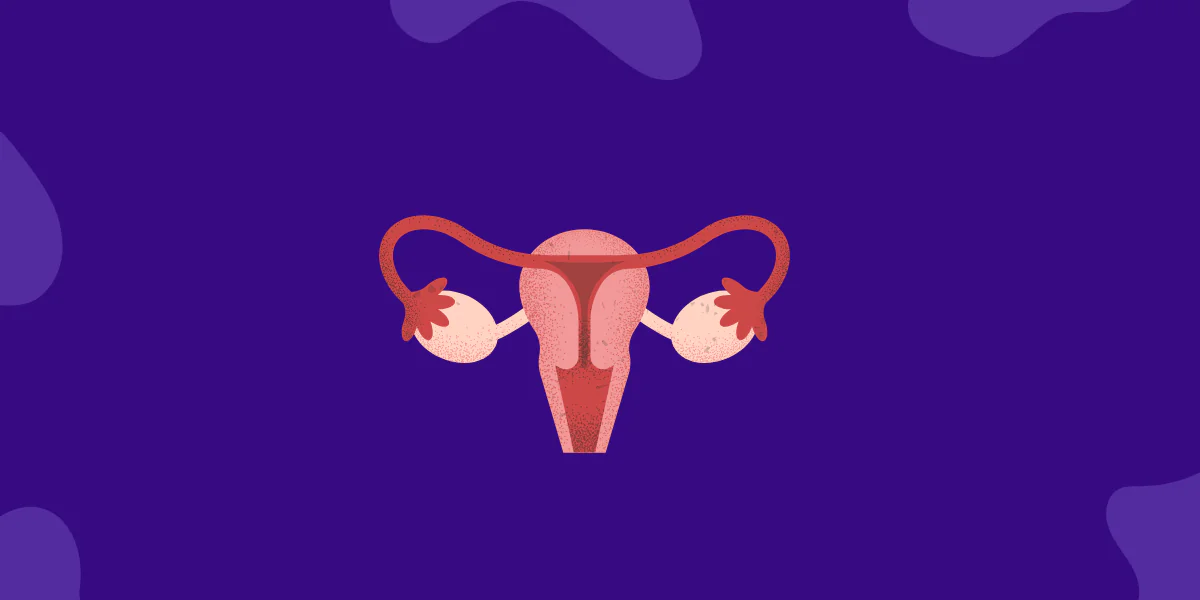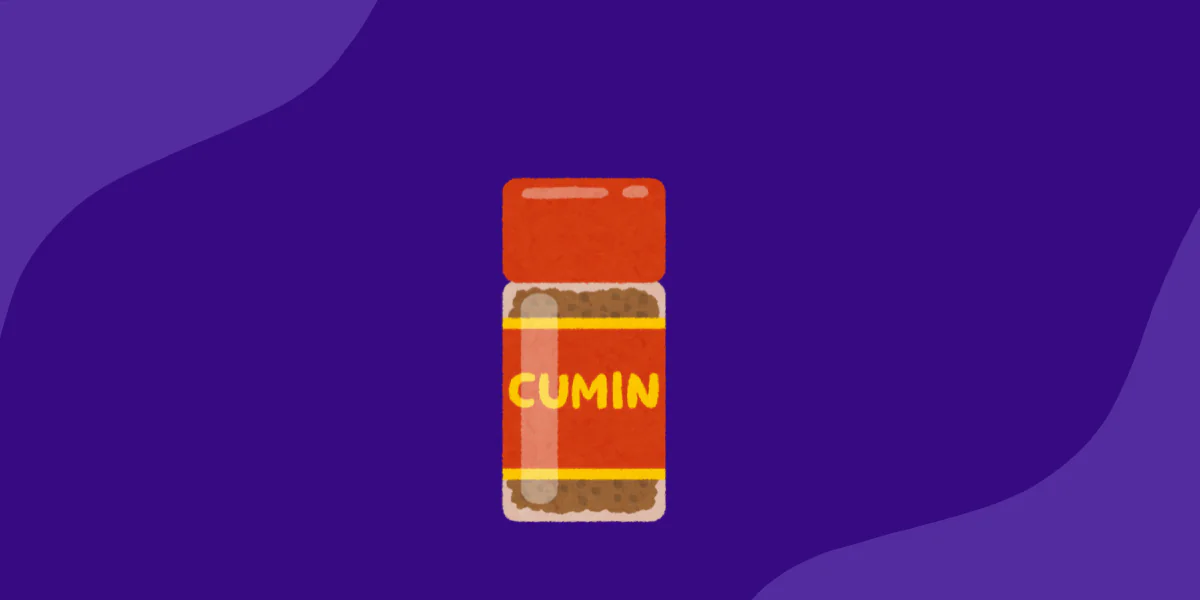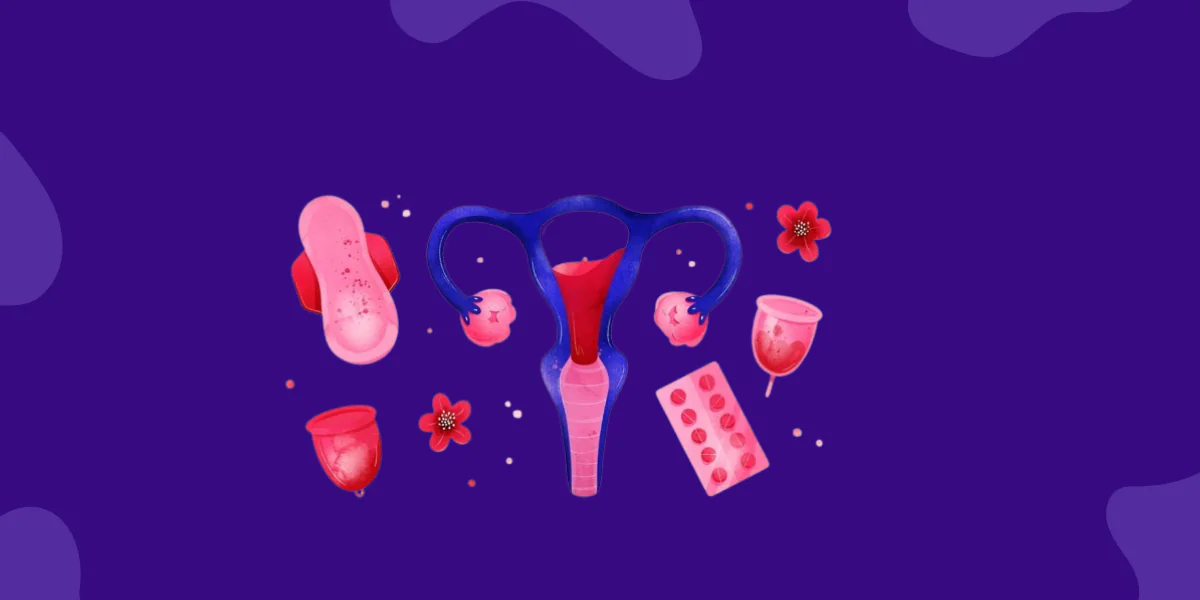Facial hair growth in females, often referred to as hirsutism, is a condition where women develop excess hair on the face or body in areas where men typically grow hair. While some facial hair is normal, excessive growth can be distressing for many women. In this article, we’ll explore the causes, treatment options, and when to seek professional advice.
What Causes Excess Facial Hair in Women?
Several factors can lead to unwanted facial hair growth in females:
1. Hormonal Imbalance
- Polycystic Ovary Syndrome (PCOS): One of the most common causes of facial hair growth in women. PCOS leads to higher-than-normal levels of androgens (male hormones), which stimulate hair growth.
- Menopause: Hormonal changes during menopause can cause a drop in estrogen and an increase in male hormone levels, leading to facial hair growth.
- Cushing’s Syndrome: A condition where the body produces too much cortisol, which can result in hair growth.
2. Genetics
- Some women may simply inherit a tendency to grow more facial hair from family members.
3. Medications
- Certain drugs, like corticosteroids, can cause increased facial hair as a side effect.
4. Health Conditions
- Underlying conditions like thyroid problems or tumors that affect hormone levels can also lead to facial hair growth.
Common Treatments for Facial Hair Growth
Facial hair growth can be managed with various treatments. It’s essential to choose the right option depending on the underlying cause and personal preferences.
1. Hair Removal Methods
- Shaving: A quick, temporary solution. Contrary to popular belief, shaving does not cause hair to grow back thicker.
- Plucking: Suitable for small areas like the chin or upper lip but can be time-consuming.
- Waxing: Provides longer-lasting results but may cause skin irritation.
- Depilatory Creams: These chemical-based creams dissolve the hair but can irritate sensitive skin.
2. Medications
- Oral contraceptives: Often prescribed for women with PCOS to balance hormone levels and reduce hair growth.
- Anti-androgens: Medications that block male hormones can help slow facial hair growth.
- Topical creams: Prescription creams like eflornithine can reduce hair growth over time when applied to affected areas.
3. Laser Hair Removal
- A more permanent solution that uses laser technology to damage hair follicles, reducing regrowth over time. However, it can be expensive and requires multiple sessions.
4. Electrolysis
- A permanent hair removal method that involves using an electric current to destroy hair follicles. It is effective but can be time-consuming and costly.
When Should You See a Doctor?
While some facial hair is normal, excessive or sudden growth can signal an underlying health condition. It’s important to consult a healthcare professional if:
- The hair growth appears suddenly.
- You notice other symptoms, such as irregular periods, weight gain, or severe acne.
- You’re concerned about the psychological impact of facial hair.
Lifestyle Changes to Manage Facial Hair Growth
For some women, adopting certain lifestyle changes may help reduce or manage facial hair growth.
- Maintain a healthy weight: Especially for women with PCOS, managing weight through diet and exercise can help regulate hormone levels.
- Eat a balanced diet: Avoid foods that may contribute to insulin resistance (like refined sugars and carbs), as this can worsen hormonal imbalances.
- Stress management: High-stress levels can increase cortisol production, contributing to hair growth.
Key Takeaways
- Hormonal imbalances and conditions like PCOS are common causes of excessive facial hair growth in women.
- There are various treatments available, ranging from hair removal techniques to medications.
- Consult a doctor if the hair growth is sudden or accompanied by other symptoms.
Call to Action
If you’re concerned about facial hair growth or suspect an underlying health issue, it’s important to seek advice from a healthcare professional. Early intervention can help manage symptoms and improve overall health.
For more tips on managing hormonal imbalances, PCOS, and other related topics, check out this article on managing PCOS.
Also Read : Struggling with PCOD? Here Are 10 Foods You Must Avoid
Disclaimer:
The information provided in this article is for educational purposes only and is not intended as medical advice. Always consult with a healthcare professional before making any changes to your diet, especially if you have any underlying health conditions or dietary restrictions. The benefits mentioned may vary from person to person.
Image credit : By Gacaferri Lumezi B, Goci A, Lokaj V, Latifi H, Karahoda N, Minci G, Telaku D, Gercari A, Kocinaj A – https://www.ncbi.nlm.nih.gov/pmc/articles/PMC4103002/, CC BY 3.0, Link

